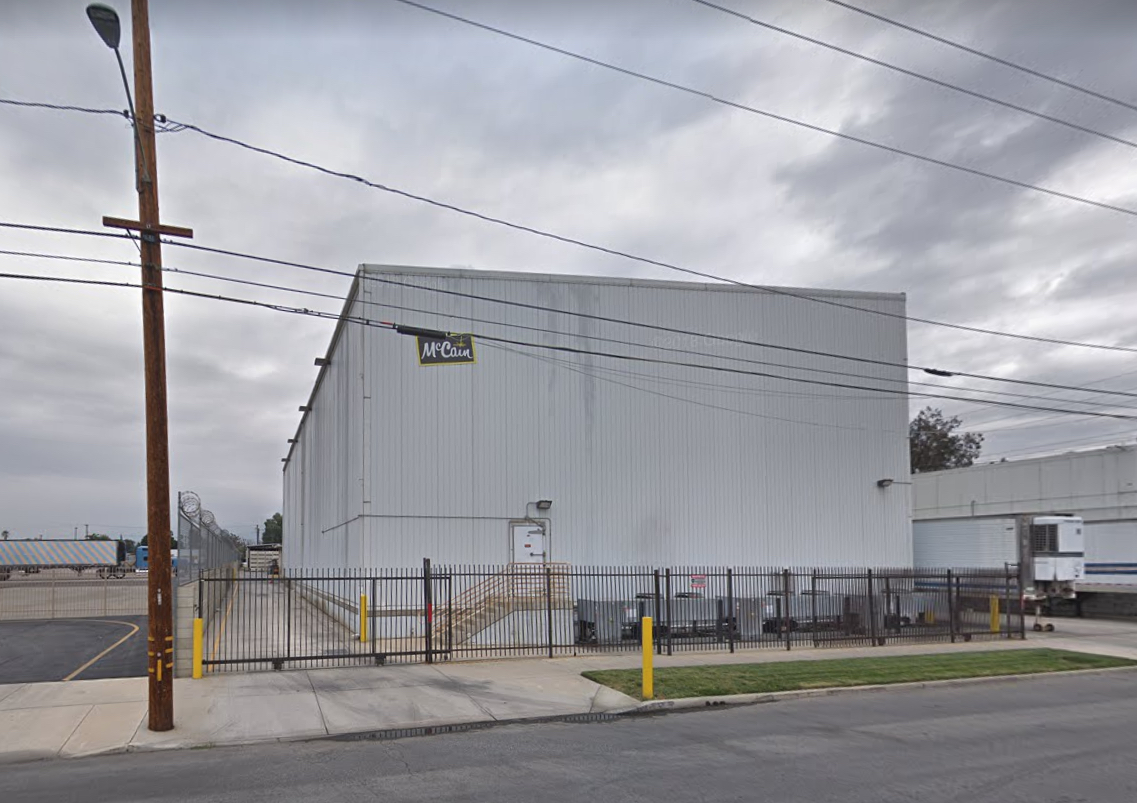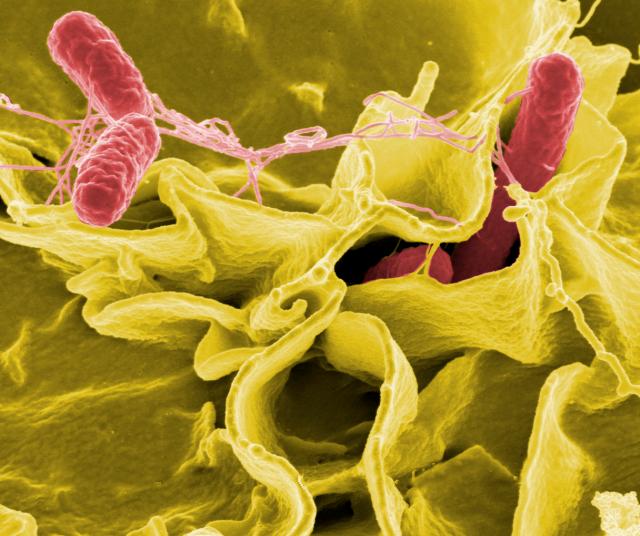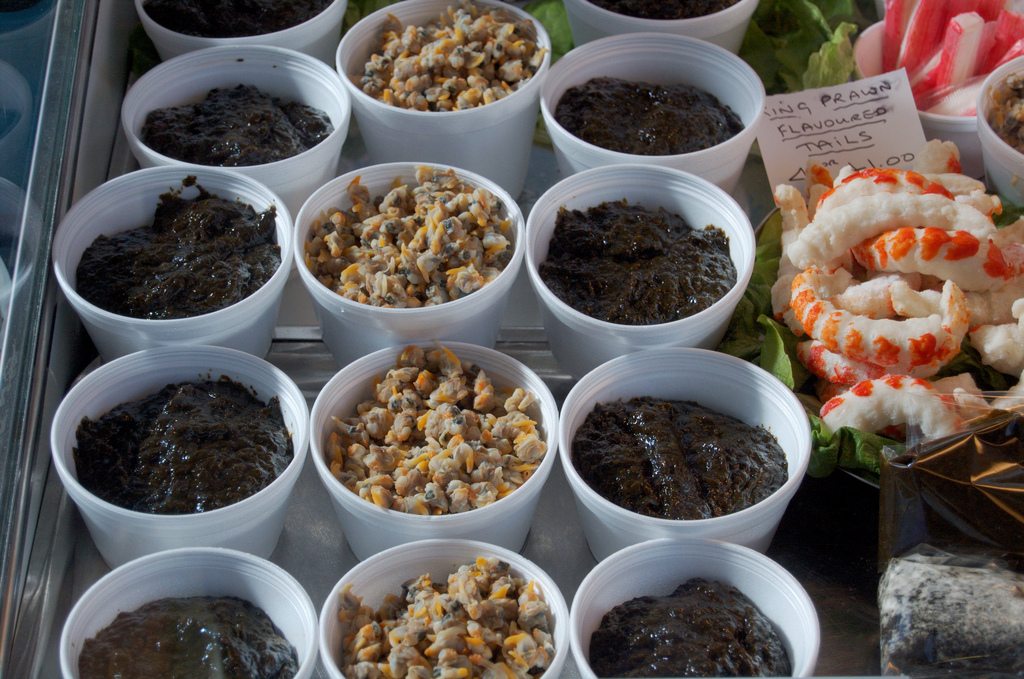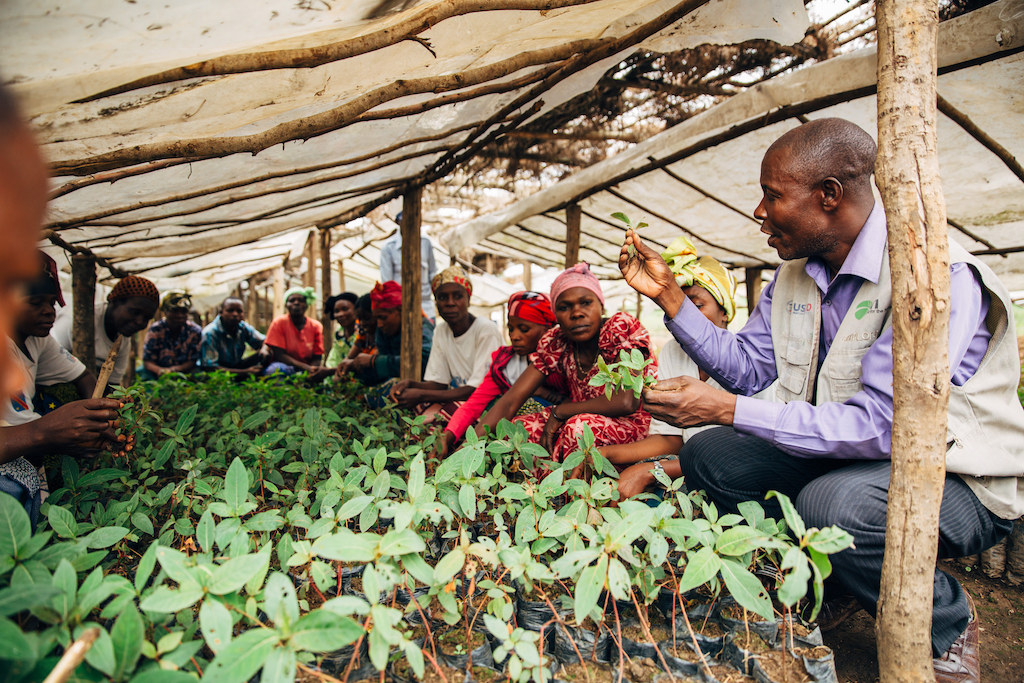
Google Maps
Earlier this month, we reported on a massive food recall you’d never heard about: millions of pounds of produce potentially contaminated with salmonella or listeria, going back three years, from McCain Foods, the Toronto-based global frozen foods company.
Now, McCain has closed its Colton, California plant, which had processed the vegetables, including chopped onions, peppers, and roasted corn, and sold them as ingredients to commercial kitchens and food manufacturers all over the country. The recalls spread to what seemed like every aisle of the supermarket, from prepackaged salads at Whole Foods and Trader Joe’s to cheese dips and frozen Kashi grain bowls. The total amount of product affected exceeds 100 million pounds, making it the largest recall of 2018, and perhaps of recent memory.
McCain announced the plant’s closure on January 11, which, according to a statement from the company, will result in layoffs for 100 employees. In an email to The New Food Economy, Andrea Davis, a McCain spokeswoman, confirmed that the recall influenced the decision to close the plant, but said there were other factors involved.
“The product mix produced at the Colton facility does not support the changing needs of our portfolio,” Davis wrote. “While the recent recall was one consideration, the decision to permanently close the facility was ultimately a business decision.”
It is not clear exactly when the plant will be closed, and McCain representatives could not be reached for further comment by press time.
This is McCain’s latest in a series of layoffs and plant closures. In July, the company closed a snack plant in Monroe, North Carolina that made fried jalapeños, cheeses, and other battered and breaded appetizers, because of “the age of the building and challenging infrastructure.” Previously, the company laid off hundreds of workers at plants in Wisconsin and Prince Edward Island, Canada, The Press-Enterprise reports. The company continues to operate plants in Idaho, Maine, Nebraska, Washington, and a 50-year-old onion ring plant in Wisconsin.
Clearing a facility of listeria—a notoriously hardy bacteria that survives in freezers and lives in pipes and drains—can be difficult, costly, and labor-intensive. “It depends on the size of the plant, and what they’ve got going on there,” says Jory Lange, a Houston-based attorney who specializes in food safety litigation. “How much equipment has to be dismantled? What type of equipment? Without knowing more about the plant, it’d be difficult to know the costs.”
Generally speaking, it’s uncommon for a plant to shutter permanently after a contamination. More often, companies shut down their operations temporarily, sometimes for years. That’s what happened to Blue Bell, one of the country’s largest ice cream makers, after its plants were linked to an ongoing deadly listeria outbreak. Some plants have since reopened.
The Food and Drug Administration (FDA), which regulates the country’s supply of vegetables, does not appear to have mandated the recall, or requested that the company change protocol or shutter the plant, according to a search of public warning letters. (The agency did not immediately respond to requests for comment.) In October, an enforcement report noted McCain had on “numerous occasions” released products that tested positive for listeria and salmonella.
Local officials had found other food safety issues at the Colton plant. One month before the recall was announced, a San Bernardino Department of Public Health inspector observed that hand sinks in the men’s and women’s bathrooms in the “roasting area” were not working, according to a report. The plant was cited for these and other cleaning violations repeatedly since 2014. The health department was not involved in the decision to close the plant.
“At McCain, we value our employees, and as such, the closure of a facility is never an easy decision, especially when it means job losses,” said Jeff DeLapp, regional president of McCain Foods North America, in a press release. “All of our employees will be treated fairly and respectfully.”









